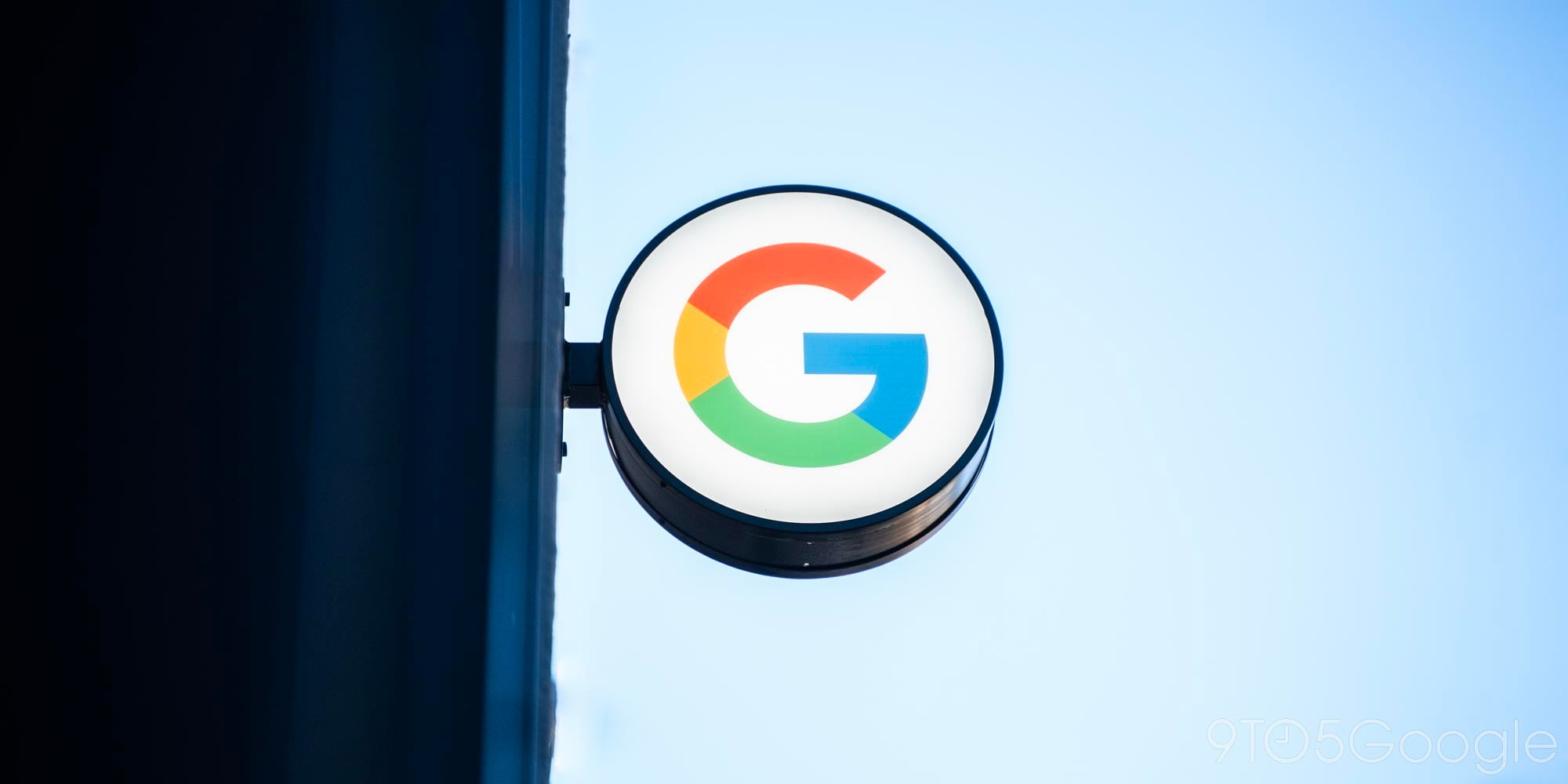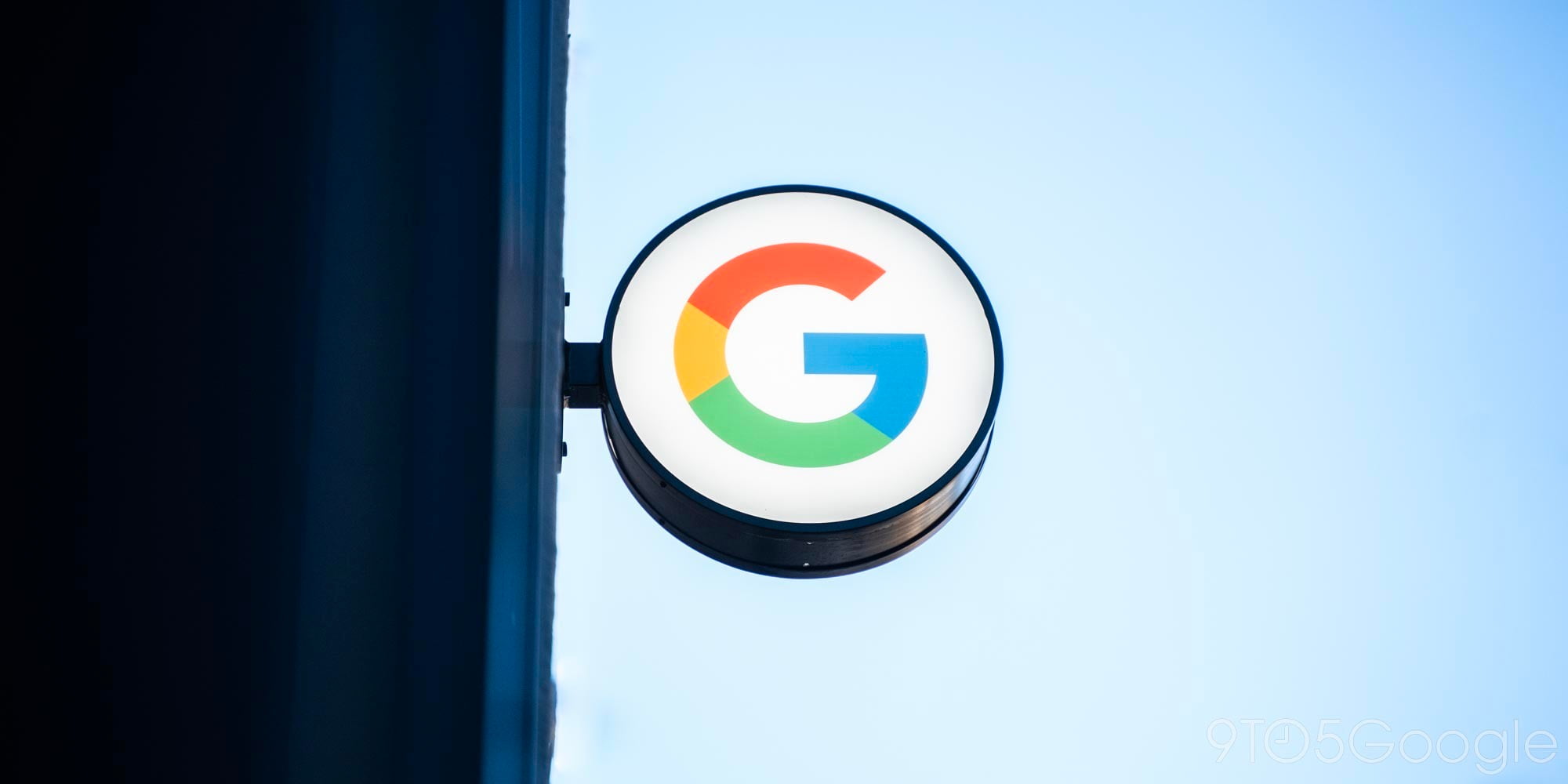Android co-founder Andy Rubin talks new company’s open AI platform, free dashcam


Wired has an excellent profile on Andy Rubin and his latest ventures post-Google. As creator of the original Android operating system that Google would eventually acquire and later a long-time Google employee on various Internet efforts at the company, a lot of people are waiting to see what Rubin does next since leaving Google over a year ago.
In 2013, Rubin discussed his restlessness with Larry Page, and—as Rubin recounts it—the two men agreed it was time for a change. That March, Rubin stepped down from Android… For a year, Rubin spun up Google’s new robotics division, but he quickly realized that Google’s goals, which reportedly involve creating humanoid assistants, would take a decade of basic research.
We already knew that Rubin’s new company, Playground Global, would provide support and hands-on engineering assistance to hardware tech startups it’s investing in, but Rubin elaborated on the company’s plans, including describing what he hopes will eventually become an open platform for all companies building AI into their products:

